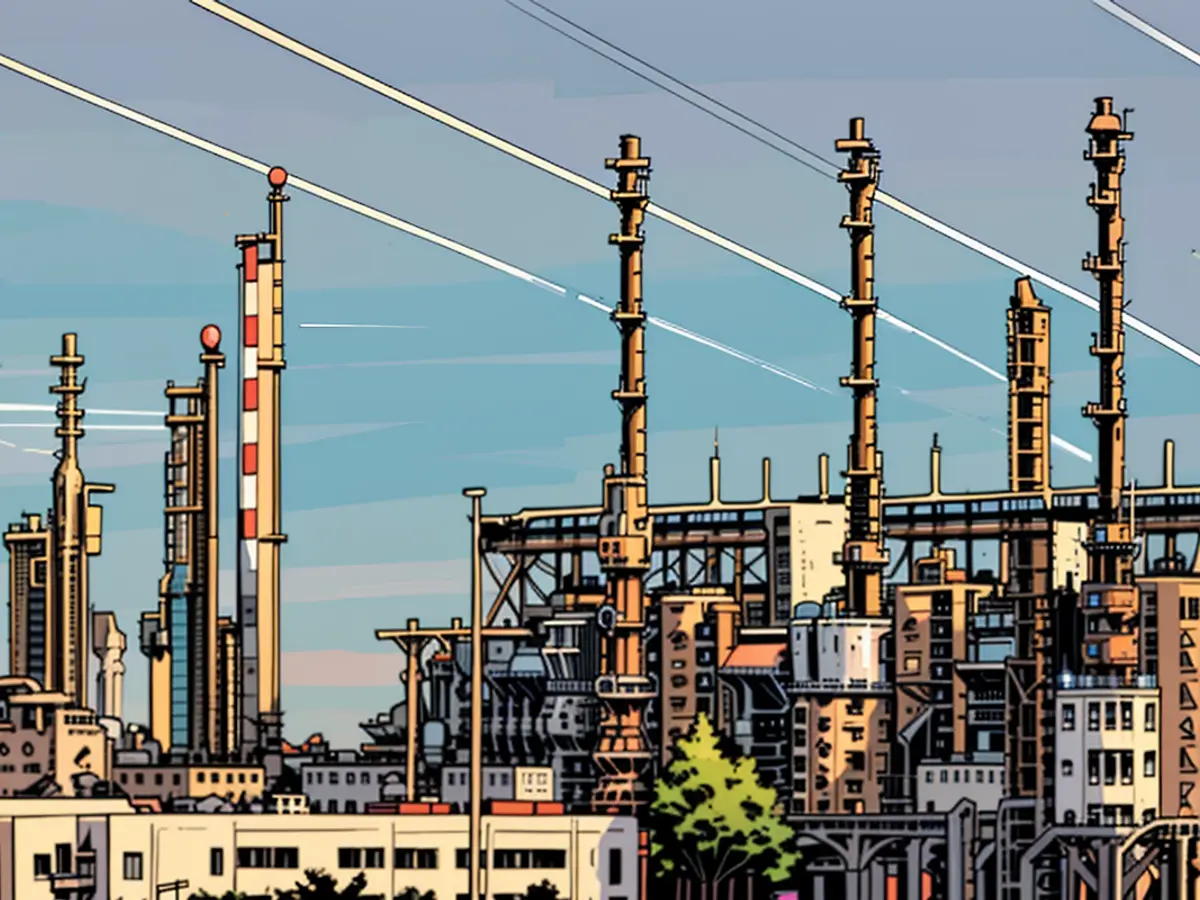Wage agreement in the chemical industry: almost seven percent more for 585,000 employees
"After intensive negotiations, we have been able to achieve visible results in all our demand points," explained Oliver Heinrich, negotiator and board member of the mining, chemistry, energy (BCE) union. Wages are therefore to increase in two steps: From September, employees will receive an additional 2% in wages, and in April 2025, they will receive an additional 4.85%. Companies with economic problems can postpone the second increase by a maximum of three months.
A core demand of the union was not only the increase in wages but also benefits for union members. From 2025, they will receive an additional free day.
Moreover, the industry wants to introduce a "skilled labor radar": "Employees whose jobs are threatened by job cuts or plant closures should be further placed within the industry," explained the union. For this, a cross-industry platform is to be created.
- The tariff dispute between the BCE union and some employers in the chemical industry has been a significant topic, requiring careful consideration of various factors.
- Despite the ongoing tariff dispute, the duty of peace and cooperation in negotiations has been upheld, leading to the agreed-upon wage increases.
- With almost 585,000 employees in the chemical industry, the implementation of the new collective agreement could have a significant impact on employment costs for employers.
- The postponement of the second wage increase, allowed for companies with economic problems, is expected to be a contentious point in the upcoming collective negotiations within the chemical industry.
- A potential decrease in the workforce due to job cuts or plant closures in the chemical industry has prompted discussions about creating a "skilled labor radar" to protect and relocate threatened employees, in line with the duty of peace in labor disputes.







